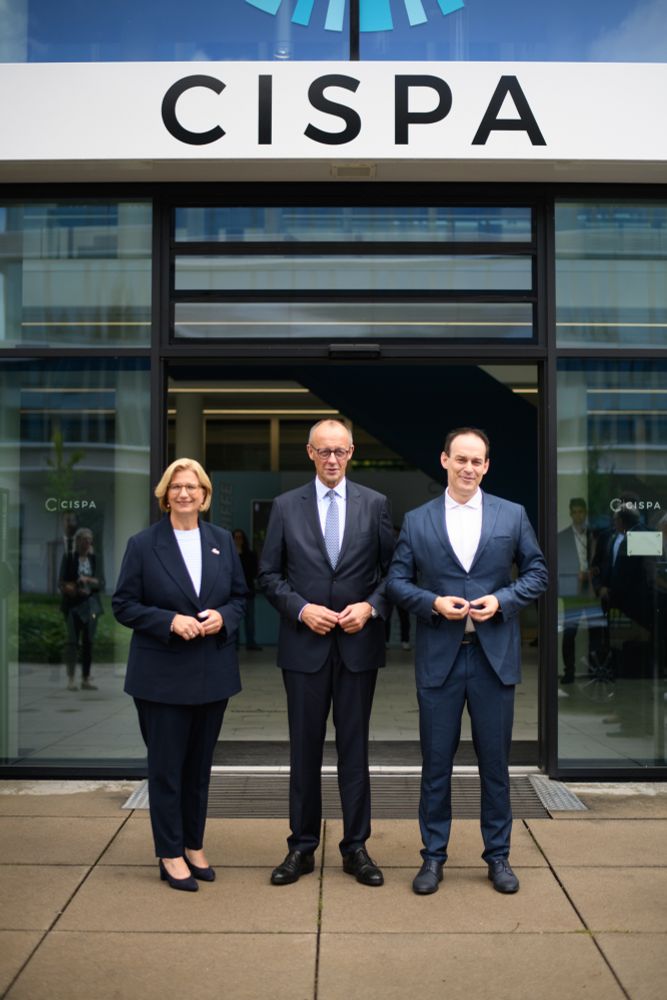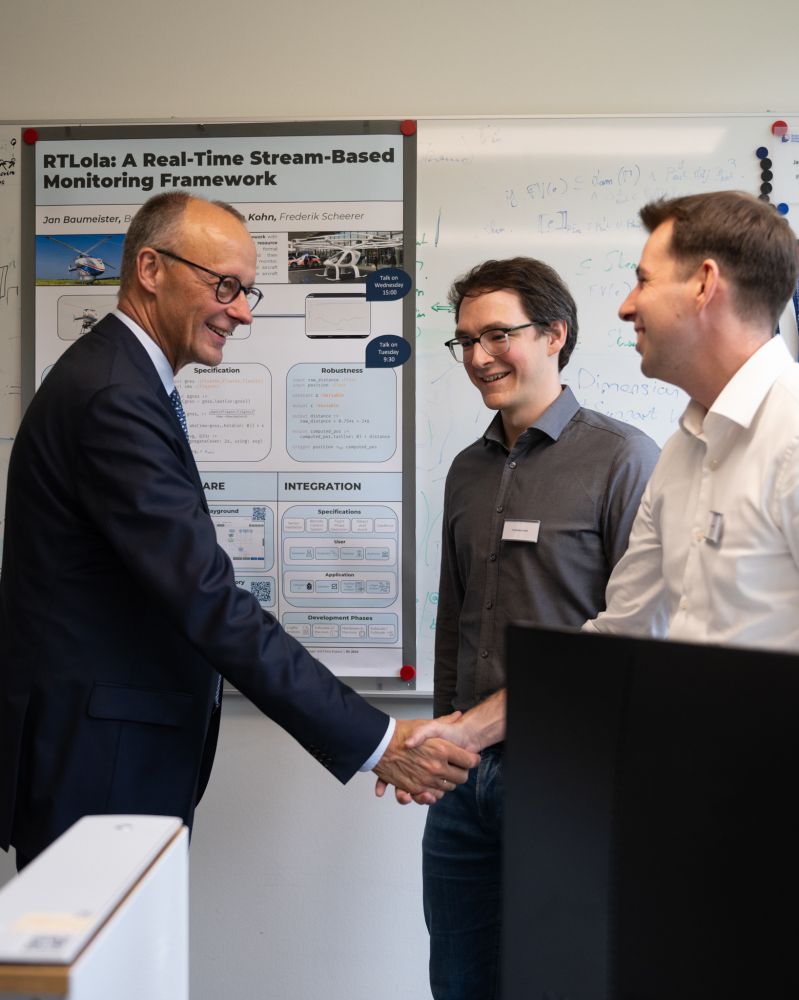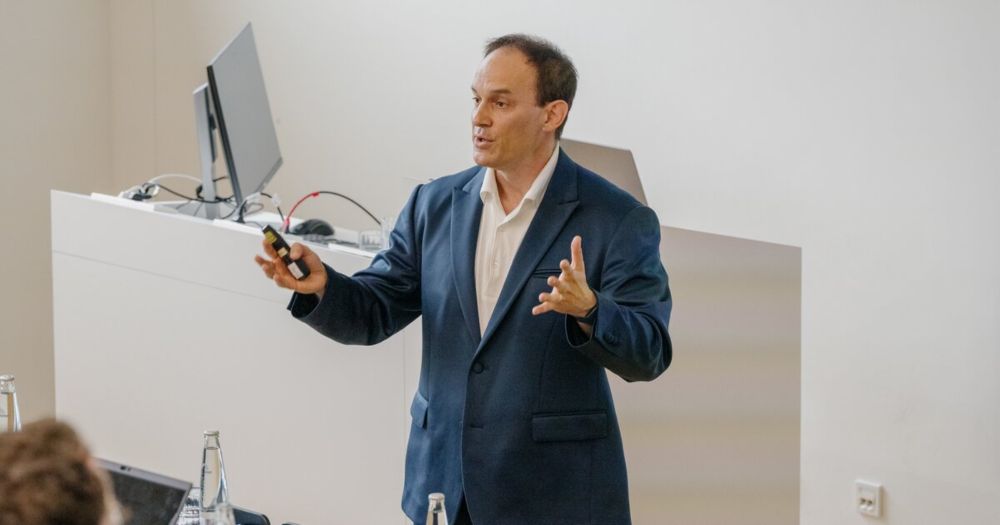Andreas Zeller
@andreaszeller.bsky.social
1.4K followers
140 following
65 posts
Software researcher at https://cispa.de, working on #Fandango, #S3, #FuzzingBook, #DebuggingBook. Testing, debugging, analyzing, and protecting software for a better world. Find me at https://andreas-zeller.info/
Posts
Media
Videos
Starter Packs
Pinned
Reposted by Andreas Zeller
Reposted by Andreas Zeller
Andreas Zeller
@andreaszeller.bsky.social
· Jul 14
Andreas Zeller
@andreaszeller.bsky.social
· Jul 14

CISPA researcher Andreas Zeller awarded ERC Proof of Concept Grant for project on AI-powered software maintenance
To transfer his ERC Advanced Grant “S3 – Semantics of Software Systems” into practice, Zeller is receiving an additional €150,000.
cispa.de
Reposted by Andreas Zeller
Andreas Zeller
@andreaszeller.bsky.social
· Jun 28
Andreas Zeller
@andreaszeller.bsky.social
· Jun 25

Expressing and Checking Statistical Assumptions (FSE 2025 - Research Papers) - FSE 2025
The ACM International Conference on the Foundations of Software Engineering (FSE) is an internationally renowned forum for researchers, practitioners, and educators to present and discuss the most recent innovations, trends, experiences, and challenges in the field of software engineering. FSE brings together experts from academia and industry to exchange the latest research results and trends as well as their practical application in all areas of software engineering.
The conference will be co-located with ISSTA 2025 (June 25th – 28th, 2025), Internetware 2025 (June 20th – 22nd, 2025), an ...
conf.researchr.org
Andreas Zeller
@andreaszeller.bsky.social
· Jun 23

Presentation Proposal for: Finding Information Leaks with Information Flow Fuzzing (FSE 2025 - Journal First) - FSE 2025
The ACM International Conference on the Foundations of Software Engineering (FSE) is an internationally renowned forum for researchers, practitioners, and educators to present and discuss the most recent innovations, trends, experiences, and challenges in the field of software engineering. FSE brings together experts from academia and industry to exchange the latest research results and trends as well as their practical application in all areas of software engineering.
The conference will be co-located with ISSTA 2025 (June 25th – 28th, 2025), Internetware 2025 (June 20th – 22nd, 2025), a ...
conf.researchr.org
Andreas Zeller
@andreaszeller.bsky.social
· Jun 17










![Here are a few tactful, slightly groveling phrases tailored for a typical “Reviewer 2” situation—showing humility, deference, and a desire to improve, while still preserving academic dignity:
⸻
🙇♂️ Respectful and Deferential Phrases:
1. “We sincerely thank Reviewer 2 for the insightful and challenging comments, which have significantly improved the quality of the paper.”
2. “We deeply appreciate Reviewer 2’s thorough reading and valuable suggestions, which pointed out important weaknesses that we have now addressed.”
3. “We are grateful to Reviewer 2 for identifying critical issues that we had previously overlooked.”
4. “We thank Reviewer 2 for holding our work to a high standard. We have taken the comments very seriously and made substantial revisions accordingly.”
5. “Reviewer 2’s detailed feedback prompted us to rethink and clarify several key aspects of our approach.”
6. “We humbly acknowledge Reviewer 2’s concerns regarding [X] and have revised the manuscript to better address these points.”](https://cdn.bsky.app/img/feed_thumbnail/plain/did:plc:omqxc7qr2td7zwnciedzclwq/bafkreiduiczijak2sv5cfe4q56s6qk6zgmbchp4isuovaype5wspu4wop4@jpeg)







